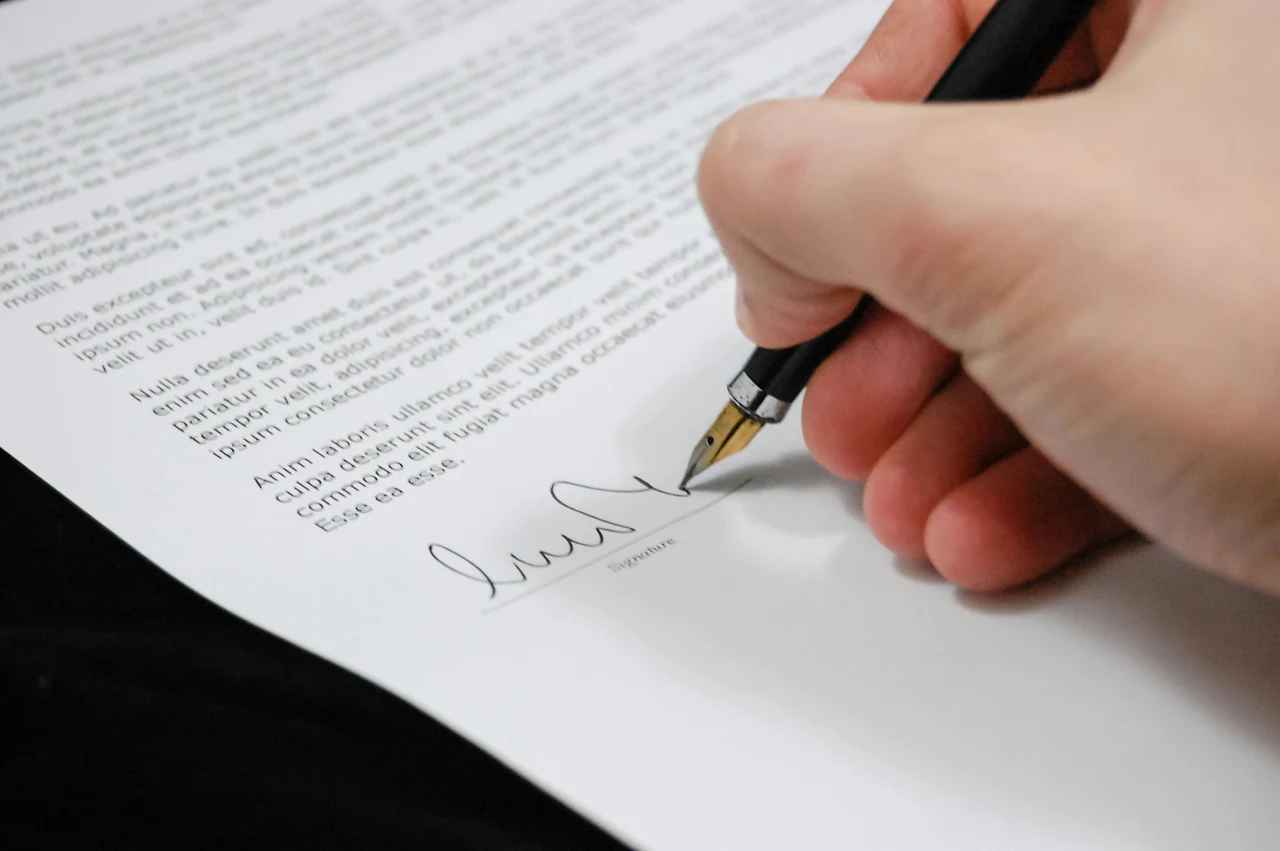
How Does Probate Work?
Probate is the legal process of settling a loved one’s estate after they pass. It can be slow, stressful, and expensive—but we’re here to help you through it.

By Staff Writer
Trust & Will
When someone passes away, their loved ones are often left not only with grief, but also with the responsibility of settling their affairs. This often means going through probate—a court-supervised legal process that oversees the distribution of assets. Probate can be complex and time-consuming, adding stress during an already emotional time. In this article, we’ll answer, “how does probate work?” and help you learn what to expect.
What is a Probate Case?
A probate case is the court-supervised process of settling a person’s estate after they pass away. It involves validating their will (if there is one), appointing a personal representative, identifying and valuing assets, paying any outstanding debts or taxes, and distributing what’s left to the rightful heirs. If no will exists, the court follows state laws to determine who inherits.
How To Start Probate
To start probate, you’ll typically need to file a petition with the probate court in the county where the deceased lived. Here’s a general overview of the steps:
1. Obtain the death certificate: You’ll need official copies to file with the court and notify institutions.
2. Locate the will: If one exists, it must be submitted to the court. If there’s no will, the estate will be considered “intestate.”
3. File a probate petition: Submit the appropriate paperwork to open the probate case and request appointment as the personal representative (also called executor or administrator).
4. Attend a court hearing: In some states, a hearing is required to appoint the personal representative and formally open the estate.
This will “open” the estate and officially begin the probate process.
What Happens During Probate?
During probate, the court oversees the process of settling a person’s estate after they’ve passed away. Here are the typical steps to probate:
1. Notification of interested parties: Heirs, beneficiaries, and creditors are notified that the estate is in probate.
2. Inventory and valuation of assets: The personal representative identifies, collects, and appraises all assets, including property, bank accounts, and investments.
3. Payment of debts and taxes: Outstanding bills, taxes, and claims against the estate are reviewed and paid from estate funds.
4. Distribution of remaining assets: After all obligations are met, the remaining assets are distributed to heirs or beneficiaries, according to the will or state law.
5. Final accounting and estate closure: The court reviews a final report detailing all actions taken. Once approved, the estate is officially closed.
How Long Does Probate Take?
Probate typically takes from 9 to 24 months, but the timeline can vary depending on the estate’s complexity, state laws, and whether any disputes arise.
FAQs:
How Long After a Person Dies Do You Have to File Probate?
The deadline to file probate varies by state, but it's typically within 30 days to a year after the person’s death. Check your state’s specific requirements.
Which Assets Have to Go Through Probate?
Assets that typically have to go through probate include:
Property solely owned by the deceased
Bank accounts without a named beneficiary
Personal belongings like jewelry, vehicles, or collectiblesInvestments held solely in the deceased’s name
Life insurance policies or retirement accounts without a listed beneficiary
Assets that have a joint owner or named beneficiary usually bypass probate and go directly to the designated person.
Is Probate Public?
Yes, probate is public. When someone passes away and their estate goes through probate, the process is overseen by the court. That means certain details, like the value of assets, debts, and who inherits what, can become part of the public record. This is one reason many people choose to create a trust, which allows assets to pass privately and avoid probate altogether.
What If Someone Contests the Will?
If someone contests the will, the probate process can become longer, more complicated, and more expensive. The court will need to review the claim and determine if the will is valid, which may involve hearings, evidence, and legal representation.
Trust & Will makes estate planning simple so you can create a customized, state-specific plan from the comfort of your own home. Take our free quiz to discover which estate plan best fits your needs today, to secure your family’s future.
Is there a question here we didn’t answer? Browse more topics in our learn center, visit our Frequently Asked Questions (FAQ) page, or chat with our member support!
Trust & Will is an online service providing legal forms and information. We are not a law firm and we do not provide legal advice.
Related Topics
Last updated: January 16, 2026



